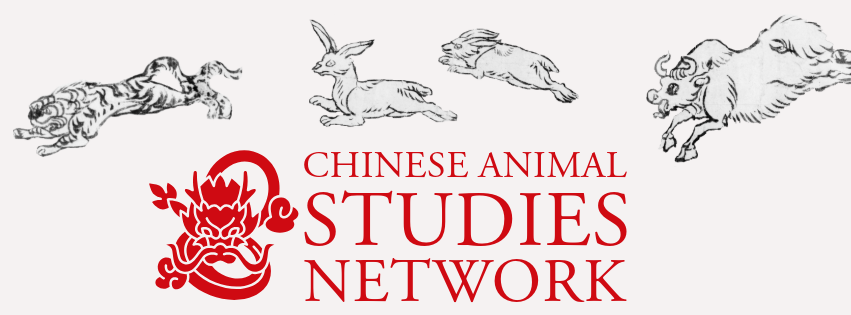
We are delighted to hear from Severina Balabanova about the recent workshop held at National Sun Yat-sen University this September.
The “Animals in Co-Becoming” International Workshop took place at National Sun Yat-sen University in Gaoxiong, Taiwan. It was supported by The Center for Transcultural Co-Becoming and Global Sinology, Department of Philosophy and The College of Liberal Arts, and was organised by Héctor Gastano and Severina Balabanova.
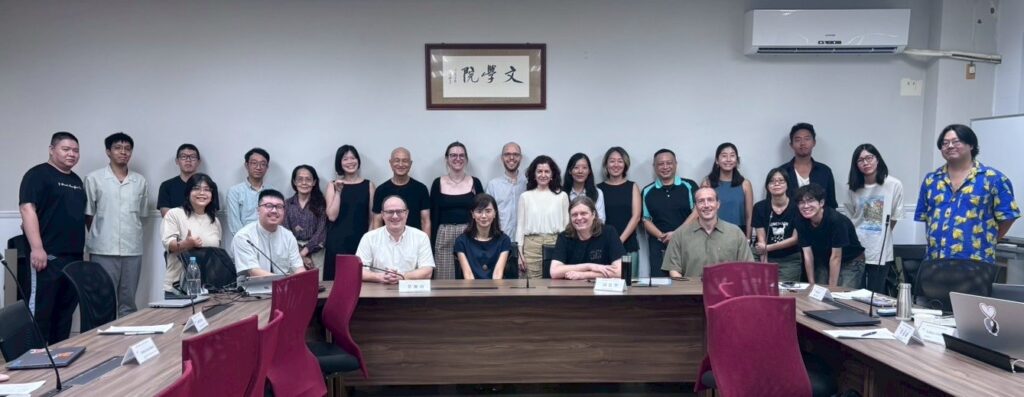
The aim of the workshop was to stimulate reflection on animal conditions in the context of Taiwan and East Asia from a transdisciplinary perspective and guided by certain ethical principles. Starting from the humanities, but with a vocation for solid and lasting dialogue with the sciences, we wanted to encourage academic discussion in order to promote an environment wherein academia supports social movements for the improvement of animal life in Taiwan and East Asia. We were therefore motivated to include a range of voices in this discussion, particularly early career scholars and activists.
The event included three keynote speeches, sixteen individual papers, and a roundtable, with contributions from academics, early career scholars, animal activists, and NGO representatives. The first keynote speaker, Prof. Li Chien-hui from National Cheng Kung University, focused on animal history and the historical animal, expressing her critique of anthropocentric attitudes within the field of animal studies. Prof. Chien Yong-xiang from Academia Sinica used keywords such as “emotion”, “character”, and “virtues” to reflect on animal ethics from a philosophical and sociological perspective. The third keynote speaker, Prof. Tobias Linné from Lund University, shared his experience teaching critical animal studies in a classroom environment. He expressed his belief that, when compared to traditional animal ethics studies, critical animal studies attaches greater importance to the ways in which social structures devalue and exclude animals.
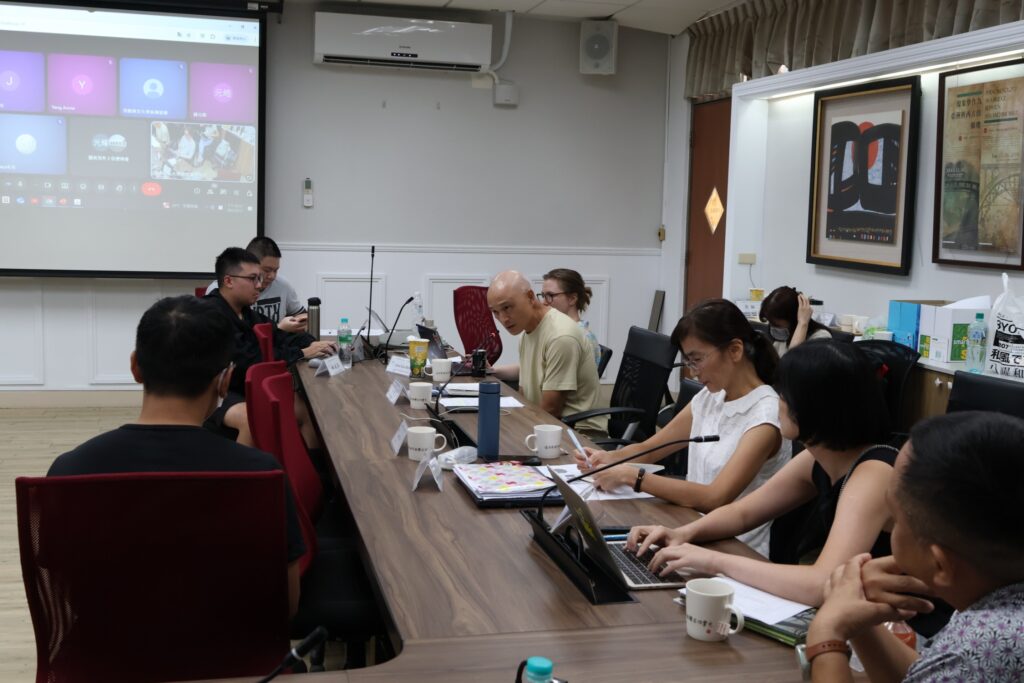
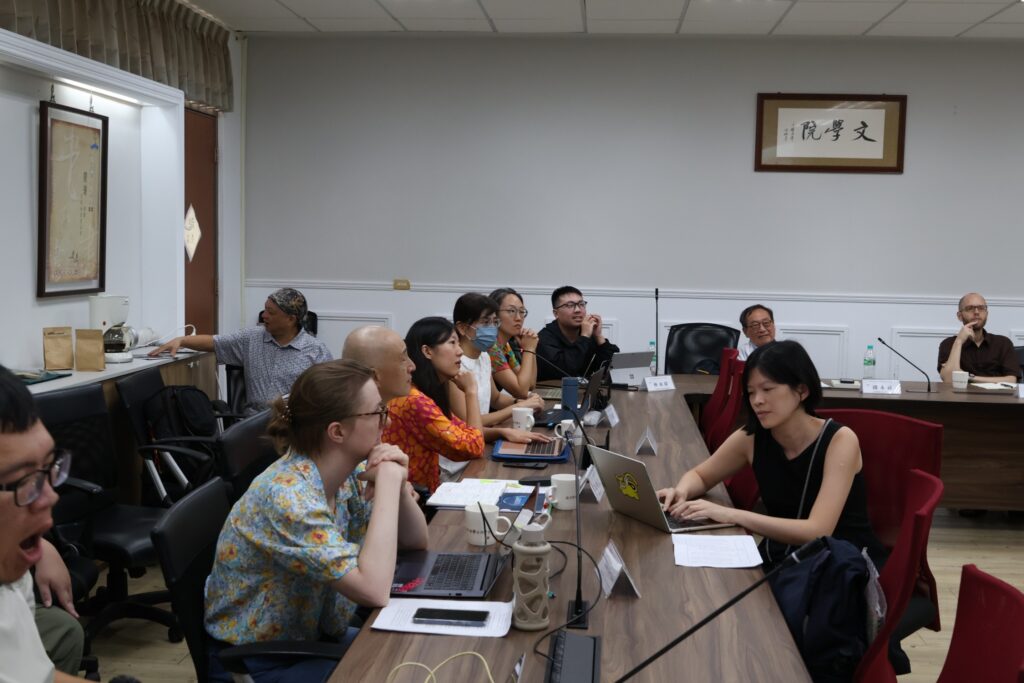
The event finished with a roundtable centred on the involvement of academia in animal activism. This lively discussion resonated with the goals set by the organisers of the workshop and covered a variety of aspects, from the ways academics concerned with animal lives and compassion should contribute to animal activism to how activism benefits from scholarship on animals, especially in the humanities and social sciences. We also considered why collaboration across disciplines studying animals remains rare, and whether animal activism should be the place where such collaborations happen. As many of the participants in the workshop were early career scholars, the discussions in the roundtable also reflected on the intersections between research that benefits animals and that also opens up research opportunities for young scholars.
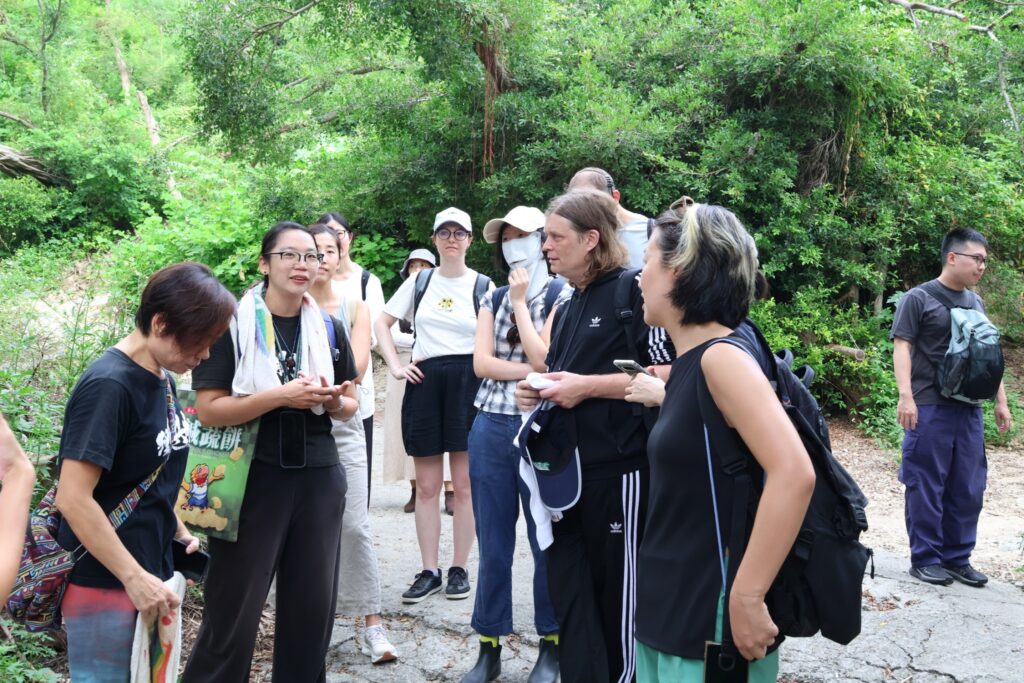
We aim to organise an international Animal Studies conference in 2026 or 2027, and this workshop marks the first step in that development. It allowed us to consider possible themes or questions that the conference could address that would speak both to scholars and activists concerned with the conditions of animal life in Taiwan and East Asia .
